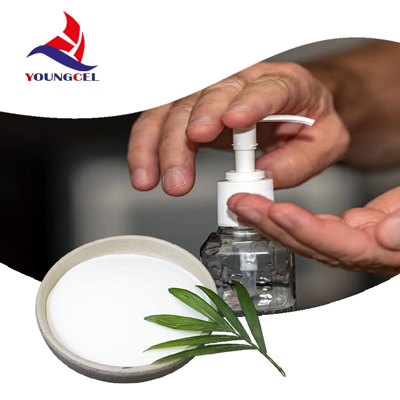Understanding Ceramic Adhesives Their Importance and Applications
Ceramic adhesives are specialized adhesive formulations designed to bond ceramic materials to each other or to other substrates. These adhesives play a critical role in various industries, including construction, automotive, electronics, and arts and crafts. As ceramics are known for their durability, heat resistance, and aesthetic appeal, the ability to effectively adhere ceramic materials is paramount for ensuring longevity and performance in different applications.
One of the key advantages of ceramic adhesives is their ability to withstand high temperatures and resist thermal shock. This property makes them particularly suitable for applications in environments that experience significant temperature fluctuations. For instance, in the automotive industry, ceramic adhesives are used to secure components that are exposed to high heat levels, such as exhaust systems. Similarly, in the manufacturing of electrical insulators, these adhesives provide necessary insulation and stability, ensuring reliable performance under extreme conditions.
In addition to their heat resistance, ceramic adhesives offer excellent bonding strength. This is crucial when bonding ceramics to other materials such as metals, glass, or plastics. The formulation of ceramic adhesives often includes fillers and additives that enhance their mechanical properties, making them ideal for structural applications. For example, in construction, ceramic tiles are often bonded using these adhesives to ensure a strong and lasting installation. A well-adhered tile surface not only adds aesthetic value but also improves the overall durability and safety of the installation.
ceramic adhesives

Another significant advantage of ceramic adhesives is their resistance to chemicals and moisture. This property makes them suitable for use in areas exposed to harsh environmental conditions. In kitchens and bathrooms, where tiles are prone to exposure to water and cleaning agents, ceramic adhesives provide a reliable solution that ensures the integrity of tiled surfaces over time.
With advancements in technology, the market for ceramic adhesives continues to evolve, offering a variety of options tailored to specific bonding needs. One notable advancement is the development of water-based and solvent-free ceramic adhesives, which not only provide strong bonds but also minimize environmental impact. These eco-friendly options have become increasingly popular, especially as industries strive to be more sustainable.
In conclusion, ceramic adhesives are essential materials in a multitude of applications due to their high-performance characteristics, including heat resistance, bonding strength, and chemical durability. As industries continue to innovate, the role of ceramic adhesives will likely expand, providing more efficient and sustainable solutions for bonding ceramic materials. Whether used in construction, automotive applications, or even creative projects, understanding the fundamental properties and advantages of ceramic adhesives can help users make informed decisions to achieve optimal results.
-
Rdp that The Revolutionary Polymer Powder Transforming Modern Construction MaterialsNewsAug.11,2025
-
Hpmc Powder that Versatile Additive for Detergents and Personal CareNewsAug.11,2025
-
Hpmc Hydroxypropyl Methylcellulose that Essential Building Material Additive from Shijiazhuang Gaocheng YongfengNewsAug.11,2025
-
Hydroxypropyl Methyl Cellulos Hpmc that Essential for Construction ApplicationsNewsAug.11,2025
-
Mhec Powder that Revolutionizing Construction Chemistry with Cellulose Ether SolutionsNewsAug.11,2025
-
Industri Hpmc that The Global Backbone of Advanced ConstructionNewsAug.11,2025




